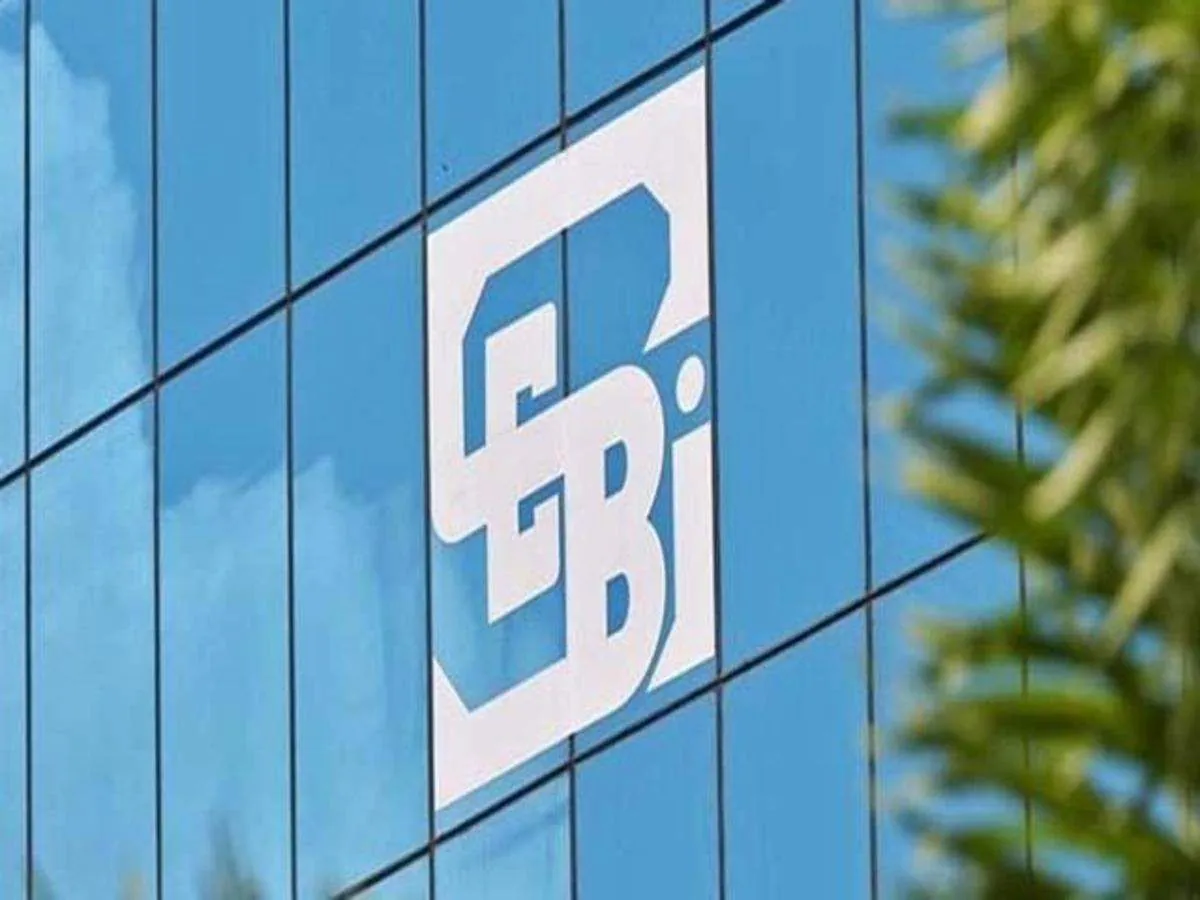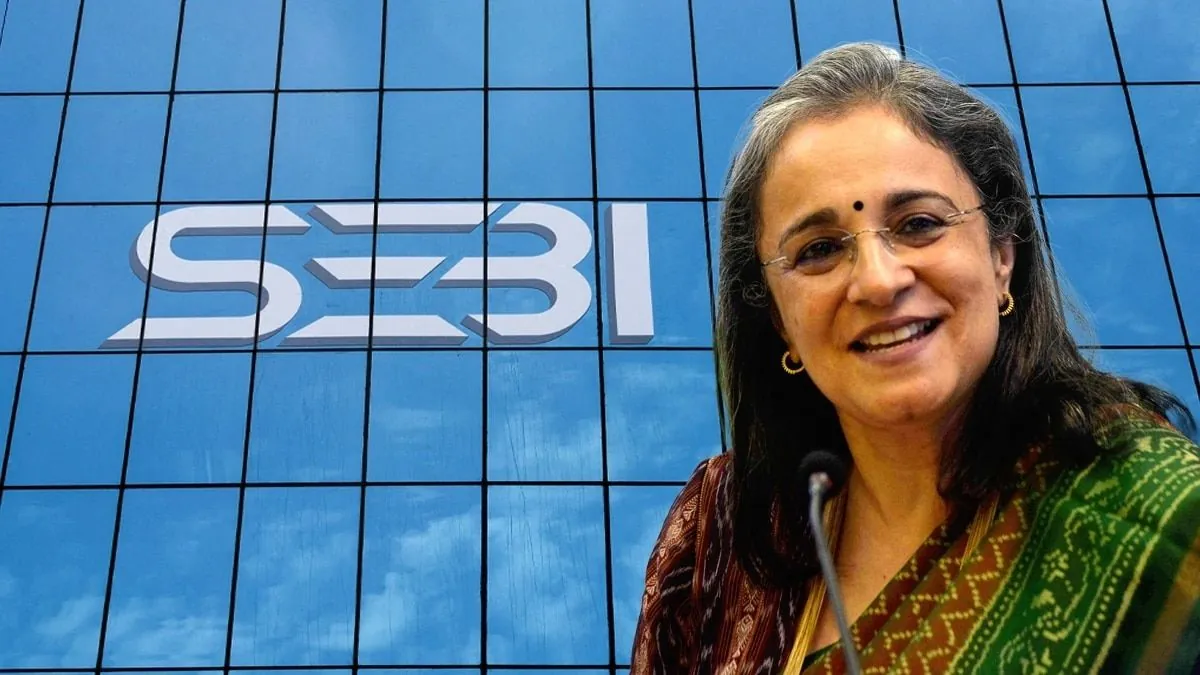India's Market Regulator Refutes Claims of Toxic Work Environment
India's SEBI dismisses allegations of unprofessional work culture, citing misplaced claims. The regulator faces additional controversy surrounding its chairperson amid conflict of interest accusations.

India's Securities and Exchange Board of India (SEBI), the country's market regulator, has responded to recent allegations of an unprofessional work environment. On September 4, 2024, SEBI issued a statement addressing claims made by employees in a letter to the finance ministry the previous month.
The employees' letter, which was reviewed by Reuters and reported by the Economic Times, alleged a "stressful and toxic work environment" with "immense pressure" at the regulatory body. However, SEBI has dismissed these claims as "misplaced," attributing them to demands for increased rental allowances and attempts to prevent misreporting of achieved targets and decision-making delays.
SEBI, established in 1992 under the Securities and Exchange Board of India Act, has been instrumental in regulating the Indian securities market. The organization, headquartered in Mumbai, has played a crucial role in implementing various reforms and introducing innovative concepts such as Systematic Investment Plans (SIPs) and Demat accounts.

In its statement, SEBI suggested that "outside elements" had instigated employees to believe they should not be held to high performance and accountability standards. The regulator, however, did not provide specific details about these elements.
This controversy comes amid separate allegations against SEBI Chairperson Madhabi Puri Buch. U.S. short-seller Hindenburg Research and opposition political parties have accused Buch of conflicts of interest, calling for her resignation. Hindenburg alleged that Buch and her husband previously held investments in offshore funds also used by the Adani Group, which is currently under investigation by SEBI. Buch has denied these allegations.
Further complicating matters, the main opposition Congress party recently claimed that Buch continued to receive income from ICICI Bank, a regulated entity where she worked before joining SEBI. ICICI Bank has denied this claim, while Buch and SEBI have not commented on the matter.
Despite these challenges, SEBI reaffirmed its commitment to serving the complex market ecosystem with "a high level of transparency and responsiveness." The regulator has been actively working towards improving corporate governance standards and has implemented various measures to enhance market integrity, including the introduction of the Graded Surveillance Measure (GSM).
As SEBI navigates these controversies, it continues to play a vital role in India's financial landscape. The organization's efforts in investor education and protection, along with its power to conduct investigations and audits of stock exchanges, underscore its importance in maintaining the integrity of India's capital markets.


































